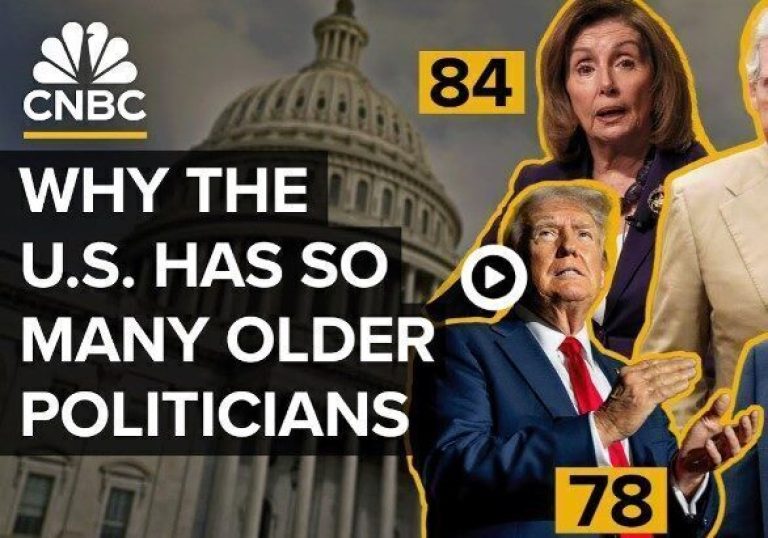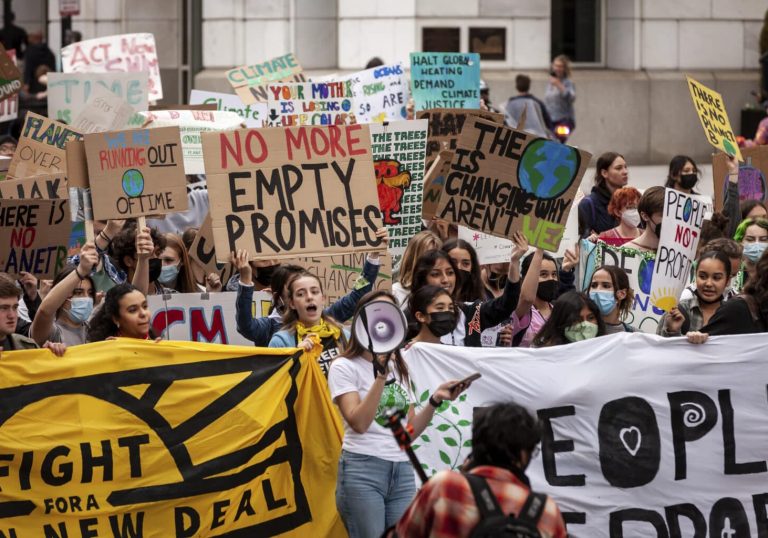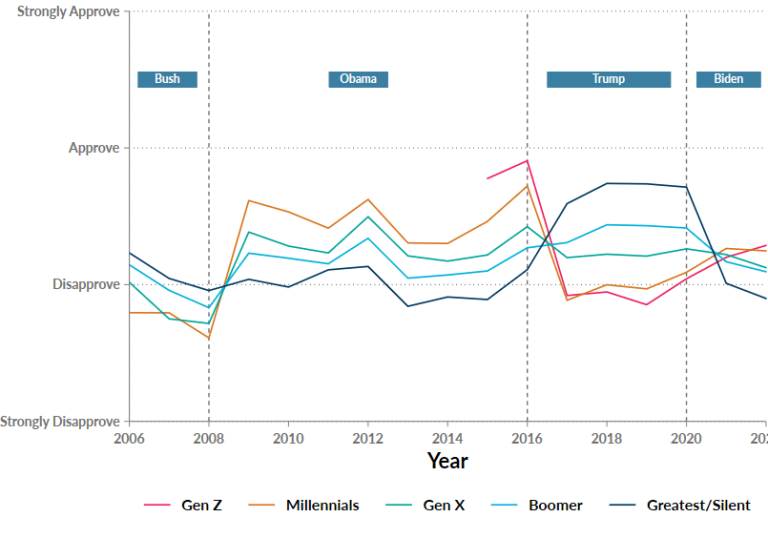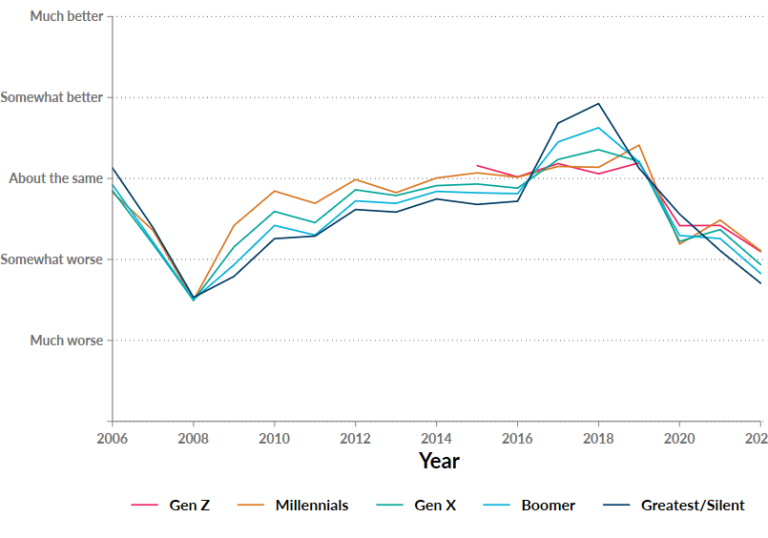Summary
In this paper, I show that voting costs are unequally distributed by age, and that higher costs predict lower registration and turnout rates. Compared to seniors, today’s youth are less informed about the voting process and how to research candidates and issues; struggle more to find the time to vote, to plan ahead to vote, and to balance voting with other life tasks; face greater transportation issues and tradeoffs between voting and earning money; have greater difficulty with the parts of voting that cannot be done online; disproportionately think mail voting is a hassle; and are less likely to own the documentation they need to register and vote. When asked directly, youth are significantly more likely than older Americans to say that registration and voting are difficult. After adjusting for race-ethnicity, gender, education, and family income, being young (relative to being a senior) is a large and statistically significant predictor of voting costs. I also find that young people are the least-informed of any age group about their state’s policies on same-day registration, early voting, mail voting, and whether individuals must update their voter registration after moving. These findings have important implications for whose preferences are heard and represented in American policymaking.









